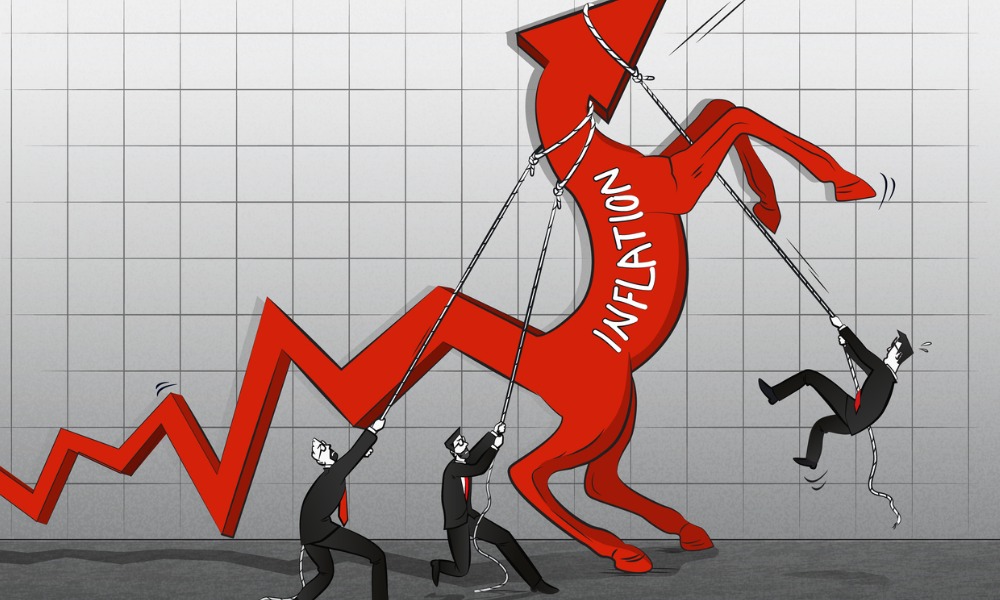US markets rise after volatile session; core CPI data raises uncertainty over Federal Reserve actions

US stocks rose on Wednesday in volatile trading as investors evaluated the latest inflation data and its potential effect on Federal Reserve policy, according to CNBC.
Tech stocks led the recovery from sharp session lows.
The S&P 500 increased by 1.07 percent, closing at 5,554.13. This marked the first time since October 2022 that the index dropped 1 percent intraday and then rebounded to close over 1 percent higher.
The Dow Jones Industrial Average gained 124.75 points, or 0.31 percent, closing at 40,861.71 after falling by as much as 743.89 points earlier in the day. The Nasdaq Composite rose by 2.17 percent, erasing its earlier losses and closing at 17,395.53.
Investors purchased shares of mega-cap technology companies and semiconductor firms in the afternoon, boosting the Nasdaq. Nvidia climbed 8 percent, while AMD added nearly 5 percent. The VanEck Semiconductor ETF (SMH) also gained approximately 5 percent.
Bank stocks, such as JPMorgan Chase and Goldman Sachs, recovered from earlier losses and ended the session with minor gains.
Stocks initially dropped after the core consumer price index (CPI), which excludes volatile food and energy categories, rose slightly higher than expected. This result diminished investor hopes for a 50 basis-point rate cut by the Federal Reserve.
Traders now expect an 85 percent chance that the central bank will approve a 25 basis-point rate cut at its September 17-18 meeting, based on the CME Group’s FedWatch tool. However, the overall CPI reached its lowest annual level since February 2021.
“Taken on its own, [CPI] is not terrible,” said Steve Sosnick, chief strategist at Interactive Brokers.
“But what the market did not need was a core reading that was higher than expected. I think it was a big splash of cold water on a market that was hopeful that a 50 basis-point rate cut might be in the cards. Those expectations have all but evaporated.”
Investors are also dealing with typical seasonal pressures, as September has been the worst month for the S&P 500 over the past 10 years, averaging a loss of over 1 percent. The index has experienced losses in September for the last four consecutive years.
The CBOE Volatility Index briefly traded above 20 before dropping back to 18.



